How The Japanese Concept Of Ikigai Can Help You Transition To A Life Abroad
Find Yourself To Find Solace
2020 has been tough, and a lot of us have been rethinking our lives and priorities—we invited Kelly Morita, Ikigai expert to let her narrate her story with the Ikigai concept and how it inspired her to create her brand new coaching service.
If there’s anything 2020 has taught me as an expat, it’s how to connect with myself on a whole new level. Having lived in the beautiful country of Japan for nine years as an English teacher, I fell into this loop of, “this is fine”: that comfort bubble of English teaching. Too afraid to leave in fear of starting over again or losing my visa if I tried to do anything else.
My encounter with the Japanese concept of “finding your purpose”
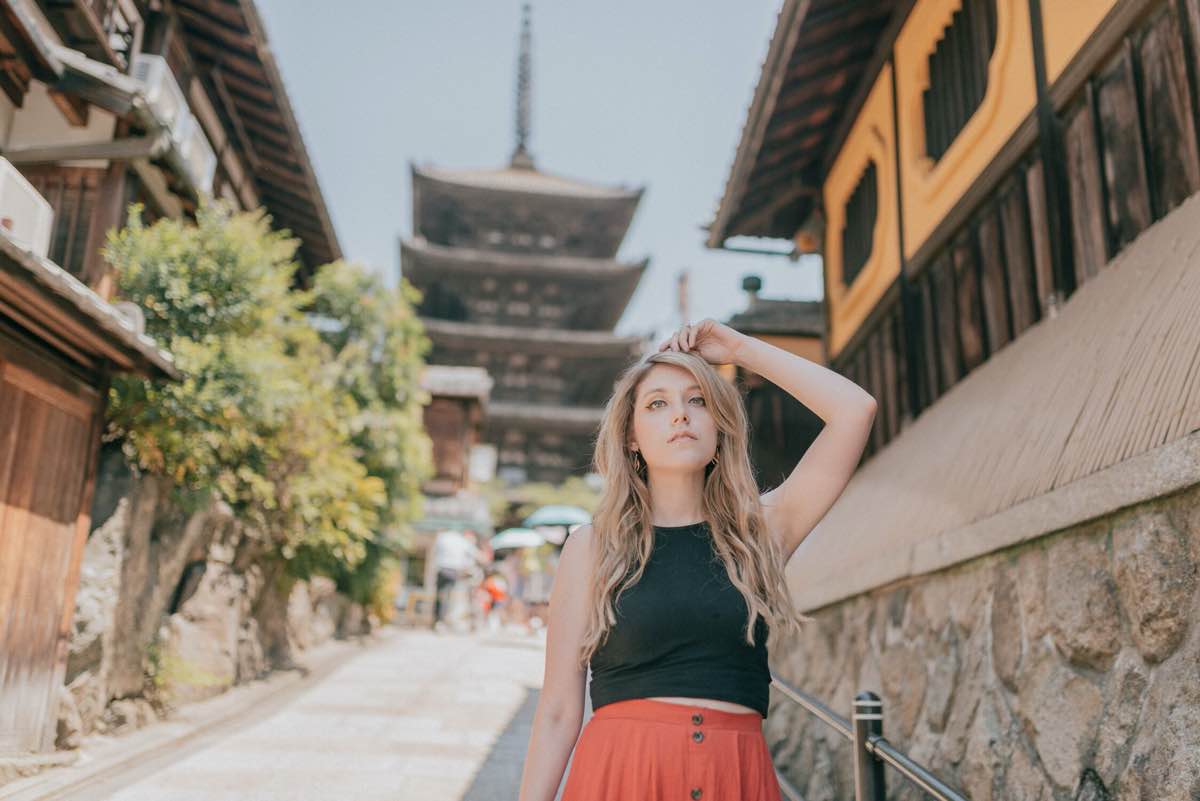 © Photo by Kelly Morita
© Photo by Kelly MoritaDon’t get me wrong, I love teaching and I’m currently doing it in a business I run on my own. I have a degree in education, and it was a dream for many years. Teaching in Japan was also very rewarding, exciting, and fun. I loved being an expat. But as I continued to live in Japan, my interests, values and desires changed.
I also didn’t expect to live abroad as long as I had. I began to feel unfulfilled, confused and stuck. Many fears started to resurface, I felt disconnected from the Japanese culture that I adored so much, and I believed that I was going through a transition crisis six years later when really, according to my research, you should be going through the crisis phase when transitioning abroad within your first or second year.
I remember thinking, “What is this feeling? Why am I not loving what I’m doing? This is my dream! Quit complaining!” I started to feel guilty, digging a deeper hole than I had intended to.
I started to actually dislike Japan. It broke my heart.
That’s when I discovered a concept called Ikigai. A documentary on this concept was suggested to me while watching YouTube one day and I fell into this rabbit hole of Japanese psychology and self-development. I was intrigued. After embracing this ancient concept dating back to the Heian period (794 -1185), I was able to find my footing as an expat and finally start living my life abroad with confidence and freedom.
So, what is Ikigai?
View this post on Instagram
Iki means “life” and gai means “purpose” or “worth.” It’s all about becoming your honest self, not your best self. Ikigai impacts every aspect of your life and translates into your relationships, career, spirituality, environment and so much more. It’s a concept that allows you to see different perspectives in life, break out of your comfort zone and learn to understand who you are on the inside and out. It healed me in so many ways and today, I am passing down the concept of Ikigai to others who need to gain their footing living abroad just the way I did.
But the thing most people miss about Ikigai is that it isn’t about making money. It’s not about your career, your job or what you do. It’s deeper than that.
How can the concept of Ikigai help foreigners transition into a new life abroad?
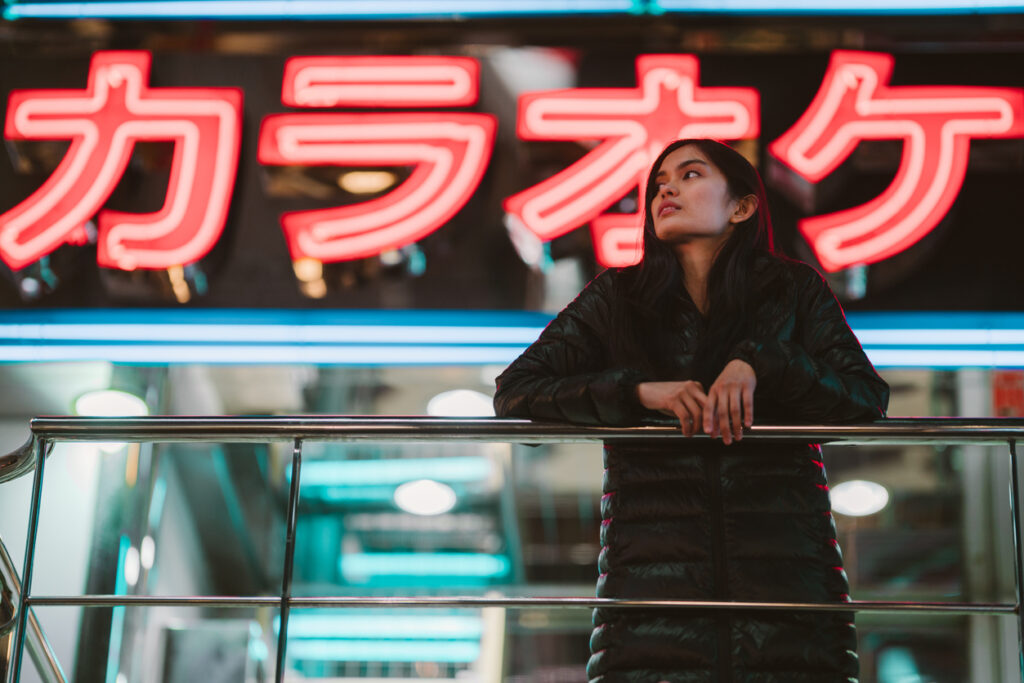 © Photo by iStock: recep-bg
© Photo by iStock: recep-bgYou go through different phases when you move to another country called the U-curve of cross-cultural adjustment. Within the U-curve there’s the honeymoon phase when you feel excited about living abroad; the crises or culture shock phase when it hits you that life isn’t the same as back home and your experience becomes a bit of a struggle; the adjustment phase when you begin to feel settled and more comfortable living life abroad; finally, there’s the mastery phase where you got your life together and the country you moved to becomes more like a home away from home. You’re basically settled. It gets harder before it gets easier and that’s normal. But as most approach the crisis phase of a transition, they tend to give up, learn to dislike their environment, hide, and become more introverted. Now, I’ve realized that the crisis phase can happen more than once within your life abroad—and I am living proof.
When it comes to transitioning, it can be a mental process.
You see, when most foreigners move abroad they tell themselves, “I’m only going to live here for x amount of years then head home.” For those foreigners, one year can turn into several. You get into this loop of comfort, doing the same thing every day: wake up, go to work, go out for a drink with co-workers, go to bed and so on. You started your life over again and leaving the country would mean, well, you have to start over again!
We are constantly on autopilot, we forget why we started certain things, lose sight of our goals, forget to stop and smell the roses and most of all, we have no idea what our purpose in life truly is as we grow old. This is where the concept of Ikigai comes in. Ikigai teaches us to slow down, embrace more experiences that align with us and teaches us to ask ourselves more questions about who we are and what we want to create the life we desire. If you think about it, we ask other people questions more often than we ask ourselves, therefore, we lose sight of who we really are and what we want.
Ikigai is the thing that gets you up in the morning.
By learning to break out of our comfort bubble, spend time with people we otherwise never would have spent time with, discover our values and how we react in certain situations and conversations, we understand ourselves to where we gradually create a lifestyle that aligns with us instead of other people and external influences.
When we move abroad, we start over, and in starting over we need to find our balance and become resilient when times get tough and that’s what Ikigai gifts us the ability to do. We need to discover who we truly are in order to thrive anywhere in the world.
But is it enough to live a fulfilling life?
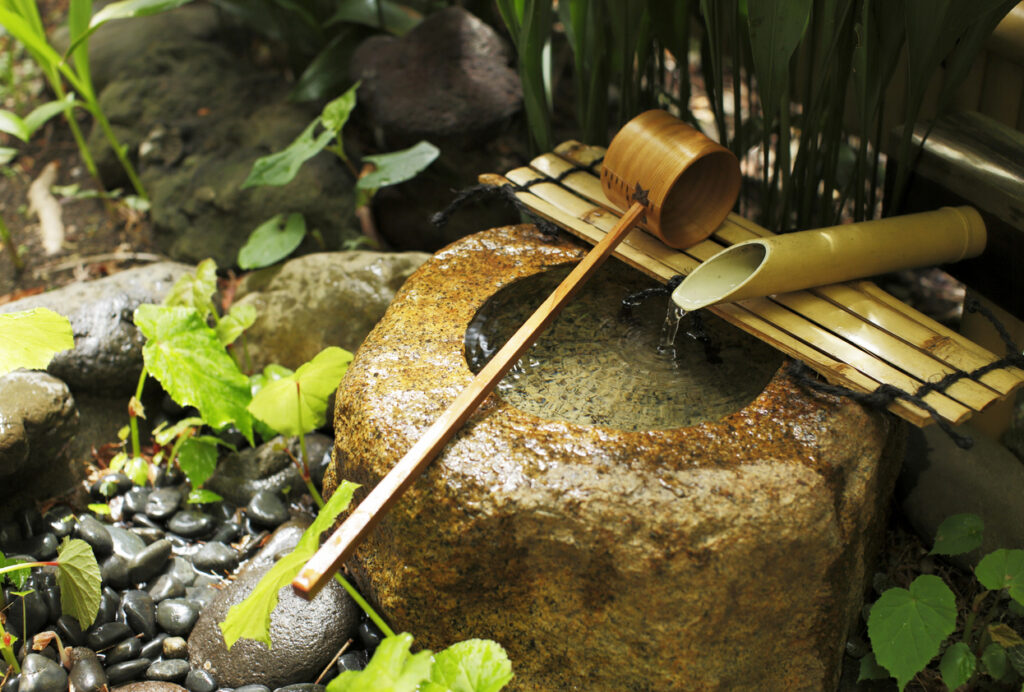 © Photo by iStock: sot
© Photo by iStock: sotAlong with the concept of Ikigai are other Japanese mindset methods. Wabi-sabi, Morita Therapy, and Kaizen are just a few and I began to incorporate those ideas into my daily routine in order to balance my emotions, stay productive and find beauty in the simple things. In conjunction with Japanese mindset methods and psychology, I studied other methods that weren’t Japanese. I read a lot of self-help books, watched multiple documentaries and experimented. I soon realized that there was no one way to live life. There was no one method that worked for everyone. It’s all based on what works for you in the end. If certain methods don’t work for you, then why would you force them?
I started to come up with my own methods based on the ones I learned through Ikigai and other western-style concepts for multiple things like productivity, motivation and confidence. I challenged the ideas of professors, psychologists and turned them into something completely different and new that worked for me instead of following set rules to live. Yes, Ikigai is the foundation of my routine and lifestyle because, for the most part, the methods work—but that’s not everything.
What’s your Ikigai?
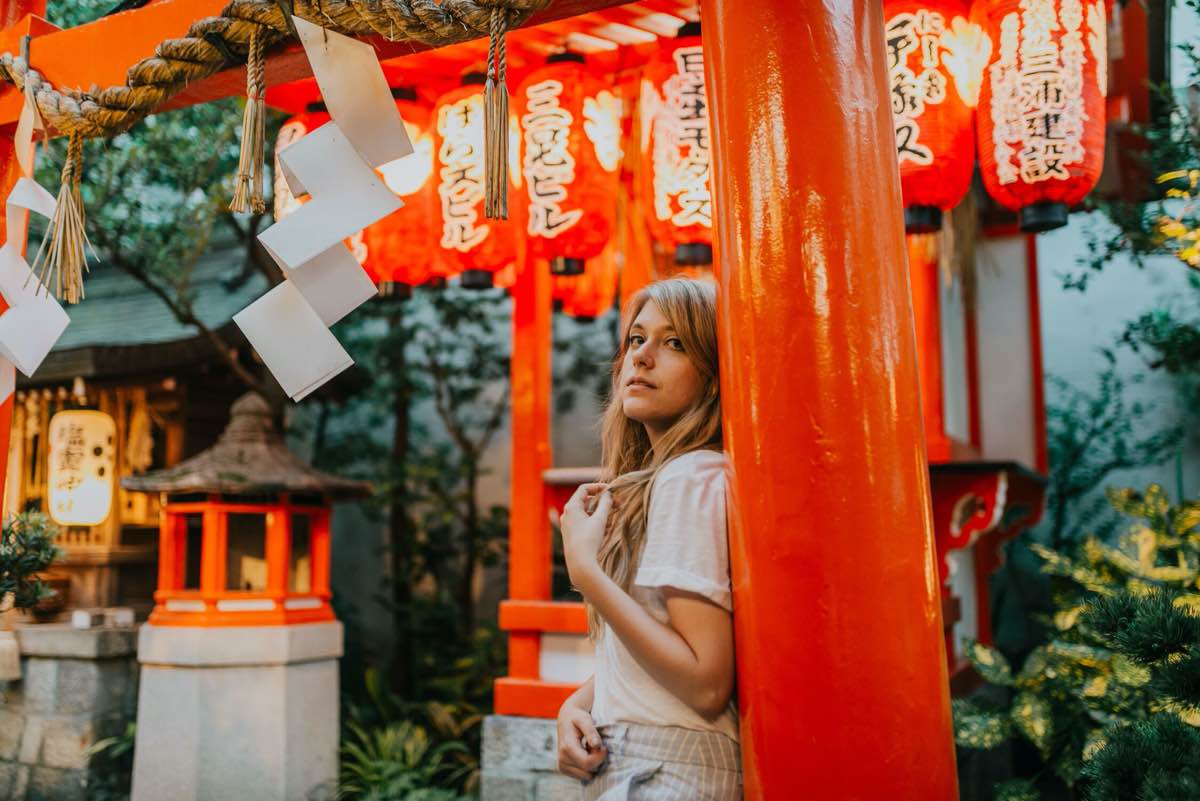 © Photo by Kelly Morita
© Photo by Kelly MoritaAt this stage, I started searching for my own Ikigai name. In its book “How to Ikigai”, Tim Tamashiro teaches us that our life purpose begins with the word “to“. For example, “to inspire” or “to delight” are a couple of Ikigai names amongst many. I instantly loved this concept and started looking for mine.
I started to explore my interests more. I explored singing, writing music for myself and other Japanese artists. I explored going back to school to get my master’s degree in education. I explored starting my own business in social media marketing. Lastly, I dove deep into becoming a YouTuber full-time but that alone did not fulfill me in the end.
Then, I started a series on my channel called “Girl Abroad”, where I began speaking about my life in Japan all while sharing the ups and downs of living abroad. I found so much fulfillment in inspiring others and one day, on my commute home from work, it hit me: my Ikigai name was “to inspire.” I was thrilled to learn that I resonated with that name the most. But then I thought, “can you have more than one name?” Tim Tamashiro never mentioned this in his book but I challenged the idea that yes, you can have more than one purpose.
The Ikigai Lifestyle Academy and coaching service was born

I found so much passion for self-development, transitioning and content creating that I quit my job. I started an online coaching service for those who want to learn how to incorporate both western and Japanese mindset methods into their everyday life and use it to discover their purpose to obtain balance, fulfillment and self-understanding. Whether someone is transitioning abroad, wanting to learn how to up-level their brand, or just simply live a more fulfilling life, I began to use the foundation of Ikigai and life purpose to create a system meant for each individual client or student I have. I developed a series of tools you can mix and match to craft a life of your very own because let’s face it, there’s no one size fits all when it comes to living life completely.
One thing I teach my own students is that there is something called your seed Ikigai and your root Ikigai. Your seed Ikigai are past purposes in your life that are used for something much bigger which is your root Ikigai. Your root Ikigai is what you put into every part of your life and what you do. For example, teaching gave me the purpose “to teach.” YouTube gave me the purpose “to create.” Singing gave me the purpose “to share or express.”
“To inspire” is everything I stand for and everything I do.
All of these smaller purposes grew into my root purpose, “to inspire.” I inspire daily. I inspire my friends, family, myself and my clients. I inspire in my creative work, my personal life and my writing. “To inspire” is everything I stand for and everything I do. I am now creating, teaching and living a life of freedom because I found my purpose and I’m teaching others to do more of what aligns with them today. Currently, I am leading students in my Ikigai Lifestyle Course Program available for enrollment on my website Kelly Morita.
Gain confidence, find your path and master yourself while transitioning to a life you’ve only dreamed of whether you’re living abroad or not. In the end, this is your journey and your kingdom. You decide what you want in it and nobody else.







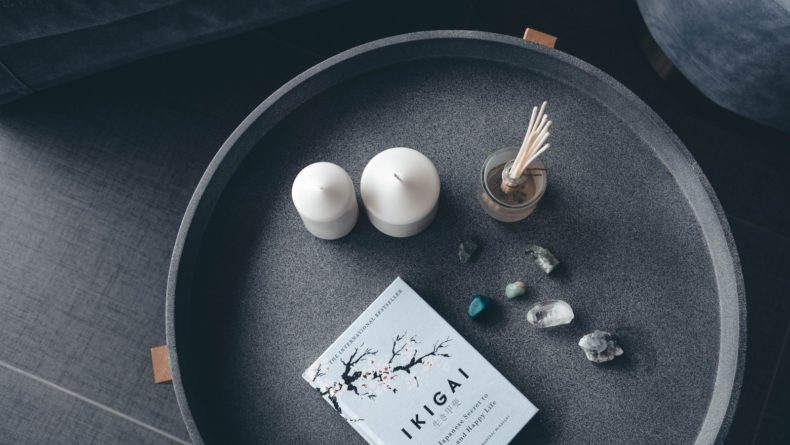
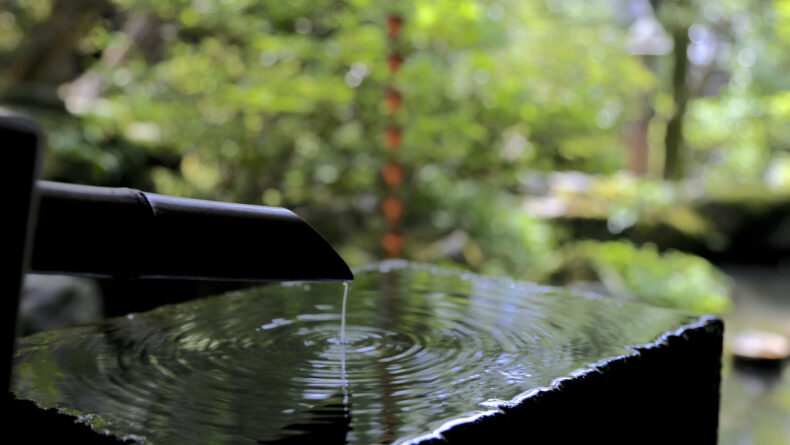
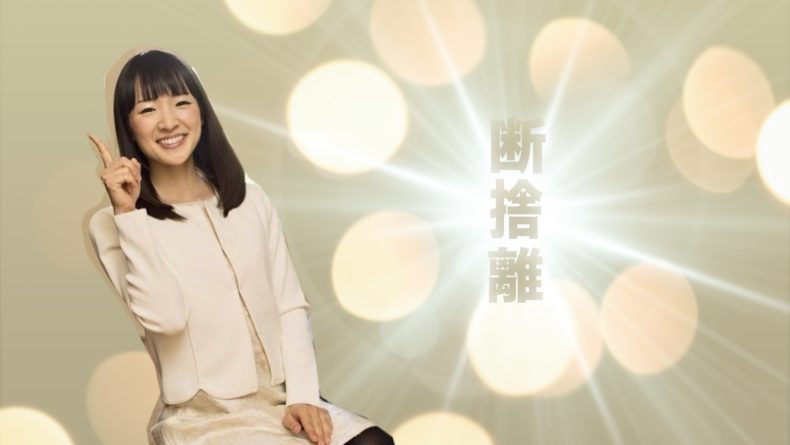

Leave a Reply